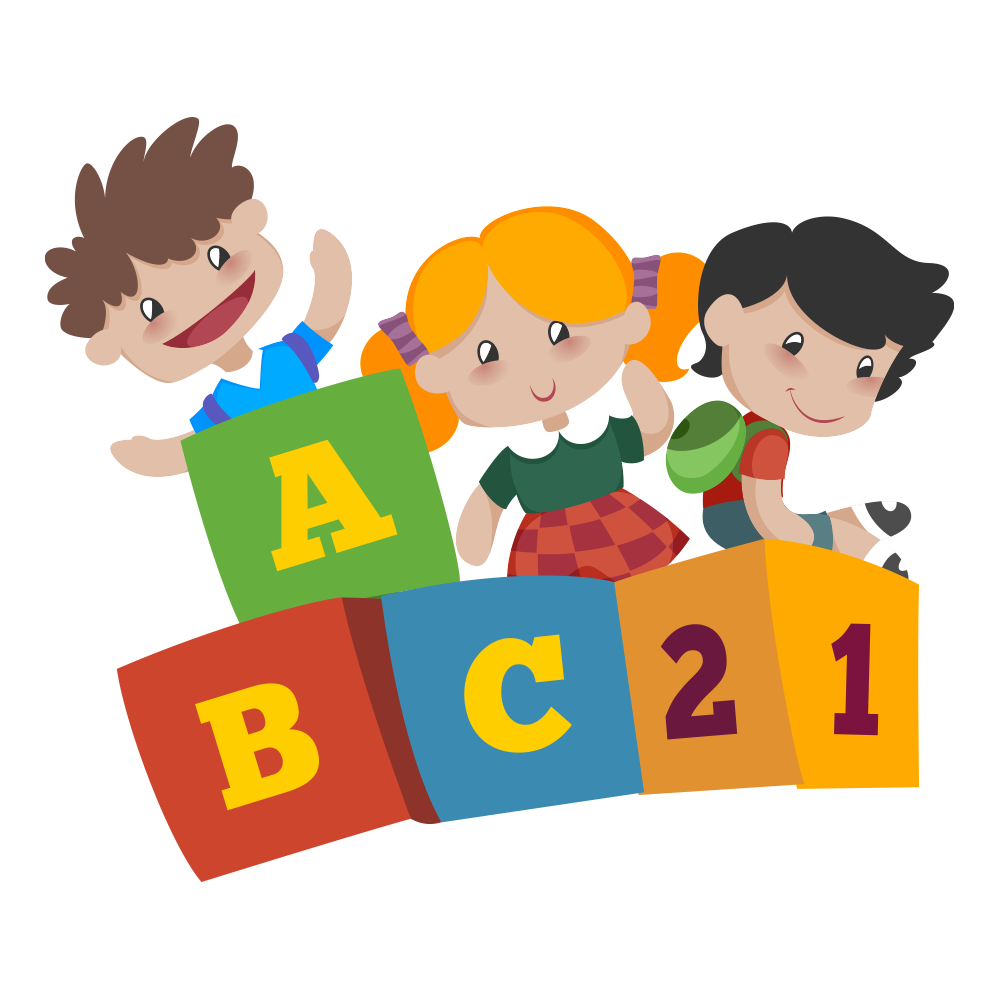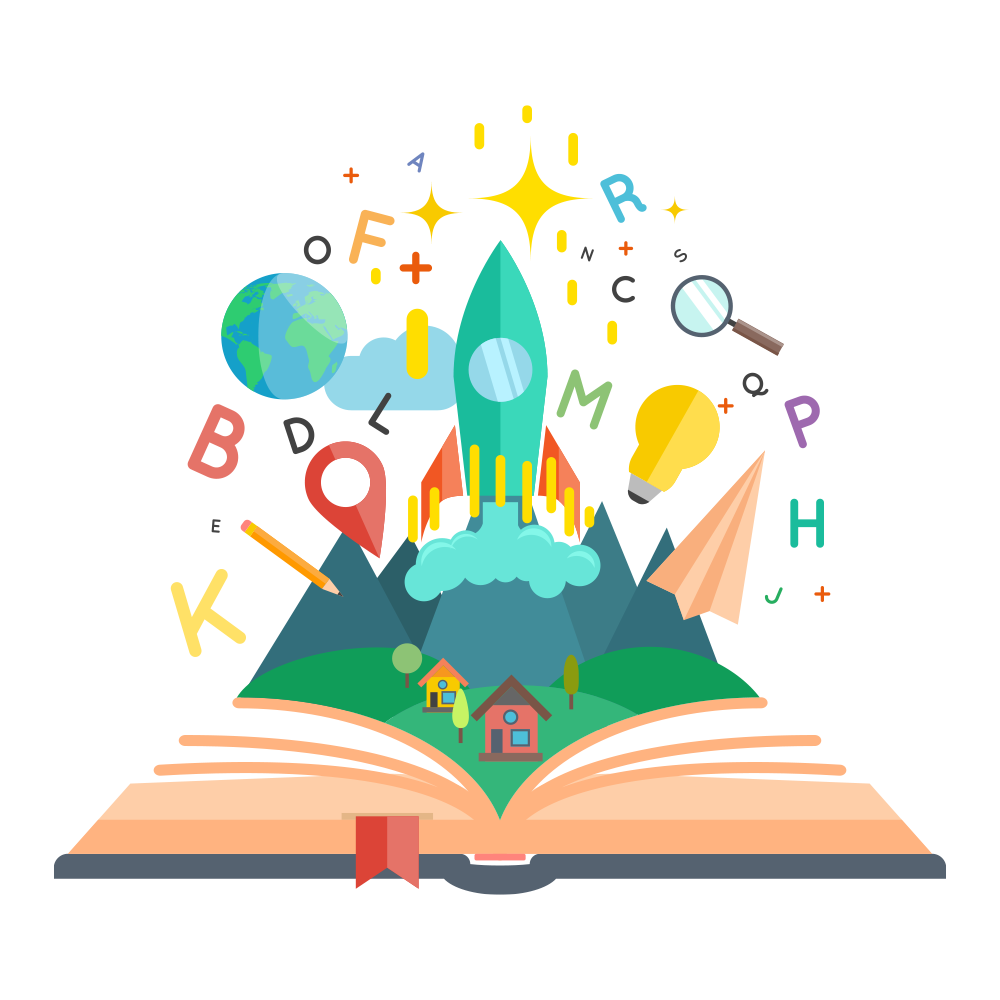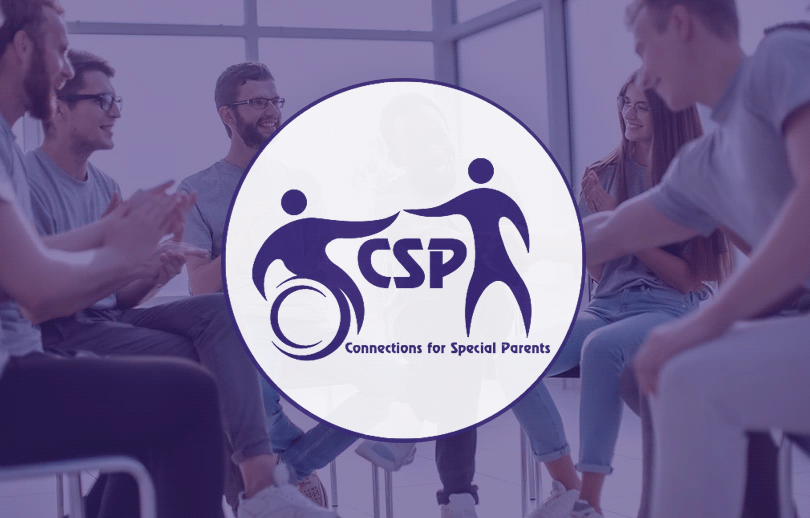Speech Therapy
Our Modalities
Shining Star understands your child's needs. We value the chance to help your child break free of their speech, language, or swallowing problems. Our communication modalities address each type of issue. We provide therapy for each child to specifically address their individual needs.
As a parent, you can feel relief through your doctor's referral to Shining Star Therapy. Early diagnosis and treatment of your child's communication disorder really help. From the communication modalities offered by Shining Star Therapy, your child can enjoy a better quality of life. Many also note higher grades in school. In most cases, parents see improved language development, communication, and practical language skills.
Not Alone.
If your child needs speech therapy through one of Shining Star's communication modalities, they are not alone. Did you know that about one in 12 Americans ages three to 17 shares this need, according to the National Institutes of Health (NIH)? Only about half of these children with voice, speech, language, or swallowing disorders get the therapy they need.

What Is a Communication Modality?
For many parents, the first big question about speech therapy is, "What is a communication modality?"
To a pediatric speech therapist or doctor, a communication modality is a therapy used to treat speech, language, or swallowing problems. Doctors can also use a modality to help them diagnose your child's condition. An easy way to think of the modality is as the therapy method.
Shining Star's communication modalities focus on improving your child's speech, improving your child's understanding and expression of language. These improvements can be seen in your child's reading, writing, and spoken language. Many parents call these modalities "speech therapy."
As part of speech therapy, your child works with a speech and language pathologist (SLP). The SLP helps your child in three distinct ways, including:
- Forming sounds, words, and sentences
- Understanding and expressing language
- Feeding aspects and swallowing
Our communication modalities include:
- Articulation/Phonology
- Feeding/Swallowing
- Reading Comprehension
- Written Expression
- Phonological Awareness
- Social Skills
- Augmentative Communication
- Stuttering Modification
- Interactive Metronome
- Oral-Motor
- Receptive/ Expressive Language
- Language Acquisition through Motor Planning (LAMP)
Who Benefits?
Children with a speech, language, or swallowing disorder benefit from Shining Star Therapy's programs. Each session is guided by a speech and language pathologist.
The younger children start speech therapy, the better their result. Older children also do well in speech therapy. However, children over age five progress slower than younger children. This is true because older children must learn new patterns to replace old ones.

Some reasons for your child's therapy include
- Hearing impairment
- Autism
- Cognitive delays or other speech delays
- Weak oral muscles
- Chronic hoarseness
- Cleft lip or palate
- Motor planning problems
- Fluency disorders
- Down syndrome
- Articulation problems
- Breathing disorders
- Feeding and swallowing disorders
- Traumatic brain injury
Frequently asked questions
- Speech Disorder Diagnosis
-
Your child receives a diagnosis of a speech disorder when they struggle with making sounds. These disorders include articulation disorders and fluency disorders. They also include resonance or voice disorders. An articulation disorder involves problems making sounds, such as syllables. Or, your child possibly struggles to say words correctly. You likely notice others cannot understand your child with this type of speech disorder.
A fluency disorder includes problems like stuttering. When your child stutters, unusual stops interrupt their language. Or maybe your child repeats some parts of words, such as getting stuck on one letter or syllable.
A resonance or voice disorder involves problems with your child's volume, pitch, or voice quality. This condition distracts listeners from what your child says. It can also cause your child pain or discomfort when they speak.
- Five Types of Language
-
Language is a broad term in speech therapy. Types of language used today include spoken, written, signing, body gestural and pictorial. Language also provides the use of communication systems like computers and handheld devices. Social media and texting are other systems of language.
Shining Star's pediatric therapy addresses five types of language. These include:
- Phonology, sounds and how you use those sounds
- Semantics, also called vocabulary
- Syntax, the structure of sentences
- Morphology, the meaning of the language
- Pragmatics, social use of language
A language disorder is a problem with the communication of ideas. In these cases, children struggle to understand words or put words together. There are receptive, expressive, and cognitive-communication language disorders.
With a receptive language disorder, your child has problems processing or understanding language.
If your child suffers an expressive language disorder, they struggle to put words together. Also, with this disorder, your young person has a limited vocabulary. It occurs when a child does not use language in a socially appropriate manner.
Cognitive-communication language disorder involves communication skill issues. Memory, attention, perception, regulation, organization, and problem-solving play a role in these issues.
- Oral Feeding Disorders
-
Oral feeding disorders involve issues with eating or drinking. Your child with a feeding disorder possibly struggles with chewing, swallowing, gagging, or coughing. Some also refuse food.
How It Works
Your child's therapy, as delivered by a speech therapist, takes place in a comfortable, child-friendly environment. Therapy is usually one-on-one or sometimes in a small group.
Examples of how the speech therapist works include:
Language Intervention
Engaging in play with your child while using language. This playtime includes verbal communication, pictures, books, objects, or a series of events to stimulate language skill-building. The therapist sometimes focuses on helping your child use correct vocabulary and grammar.
Articulation Therapy
For these exercises of sound production, the therapist guides your child through the creation of sounds and syllables using words and sentences. This also often takes place during age-appropriate play.
Oral-Motor, Feeding and Swallowing Therapy
Using oral exercises, the therapist helps your child strengthen his or her oral muscles for proper eating, swallowing, and drinking. Sometimes a therapist will have your child sample foods with varied textures and temperatures. This helps improve oral awareness while eating and swallowing.
How Can I Help My Child Succeed?
Remember that, as a parent, you play a significant role in your child's speech or language therapy progress. Positive parental involvement is essential in getting your child through their therapy program quickly and with lasting results.
Also, remember to be patient and to understand with your child as he or she progresses through Shining Star's therapy programs. Ensure your child attends all sessions and arrives on time. Meeting their goals takes time, patience, and effort. If your child feels discouraged, talk to them about the benefits of speech therapy and how everyone progresses at their own speed.
Talk to your child's therapist about how you can help. Your help will likely involve working with your child on exercises or activities at home. This also reinforces what the therapist teaches your child through communication modalities sessions. Your support helps your child progress. It also provides real-world practice of their new skills.

